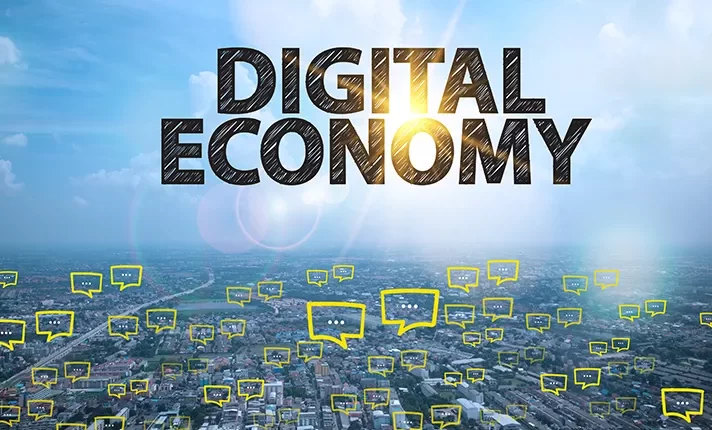ASEAN Agrees on a Number of Concrete Results to Launch the Digital Economy Framework Agreement
JAKARTA — ASEAN has agreed on a number of concrete results to launch the Digital Economy Framework Agreement (DEFA) through the 43rd ASEAN Summit in Jakarta.
The existence of this agreement is strong evidence of collaboration between all regional countries in an effort to encourage the realization of digital economic transformation.
Throughout the 23rd ASEAN Economic Community Council Meeting (AECC) chaired directly by Coordinating Minister for the Economy Airlangga Hartarto, the ministers discussed the current economic conditions which are indeed very dynamic.
The meeting also discussed five important issues that continue to be a concern, namely geopolitics, supply chain fragmentation, green transition, digital innovation and inclusive growth.
Furthermore, several regional strategic issues were also discussed, the development of 16 Priority Economic Deliverables (PED), developments in the preparation of the Post-2025 ASEAN Community Vision, namely ASEAN Vision 2045, sustainability issues, development of the electric vehicle ecosystem and preparations for Timor Leste’s participation in ASEAN.
Indonesia also raised 16 PEDs which aim to continue to increase competitiveness, connectivity and accelerate digital transformation and the sustainability agenda in the region.
The launch of DEFA is a historical milestone and an important step in collaboration between ASEAN countries to continue to utilize the great potential of the digital world towards a better society, economy and innovation.
It also marks the cornerstone of a secure and connected digital economy in ASEAN, where regional nations are poised to lead the digital community and growing economic power.
“If DEFA is implemented in 2025, this will increase ASEAN’s digital economic potential, which business as usual is 1 trillion dollars but with the implementation of DEFA it will increase to 2 trillion dollars in 2030,” said Coordinating Minister Airlangga.
Furthermore, with the digital economic cooperation agreement, Airlangga is very optimistic that the potential for the digital economy will continue to increase significantly in ASEAN, including Indonesia.
“With the digital economy framework agreement, we are targeting a digital economy in 2030 of around US$2 trillion in Asean, US$800 billion for Indonesia,” he said.
On another occasion, at the ASEAN Business Advisory Council (ASEAN-BAC) event, the Indonesian Chamber of Commerce and Industry Deputy Coordinating Head for Economic Affairs Franky Oesman Widjaja explained that digital transformation has indeed proven to be able to save the Indonesian economy.
It’s not half-hearted, even Indonesia’s digital economy itself is able to support the performance of national economic growth, as shown by as much as 40 percent of the value of ASEAN digital economy transactions in 2022 coming from the country.
Indonesia is also in 2023 listed as the sixth ranked country with the largest number of startup companies in the world.
“In line with the Industrial revolution 4.0, we must see technology as an opportunity to make exponential leaps or leapfrog. Exponential jumps can only be achieved with the application of technology,” said Frengky.
